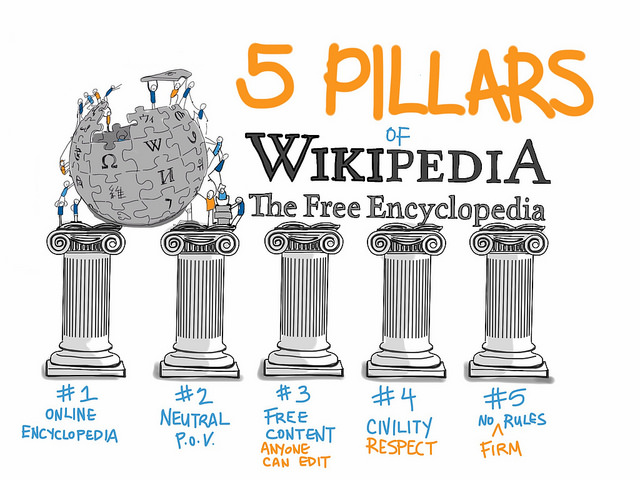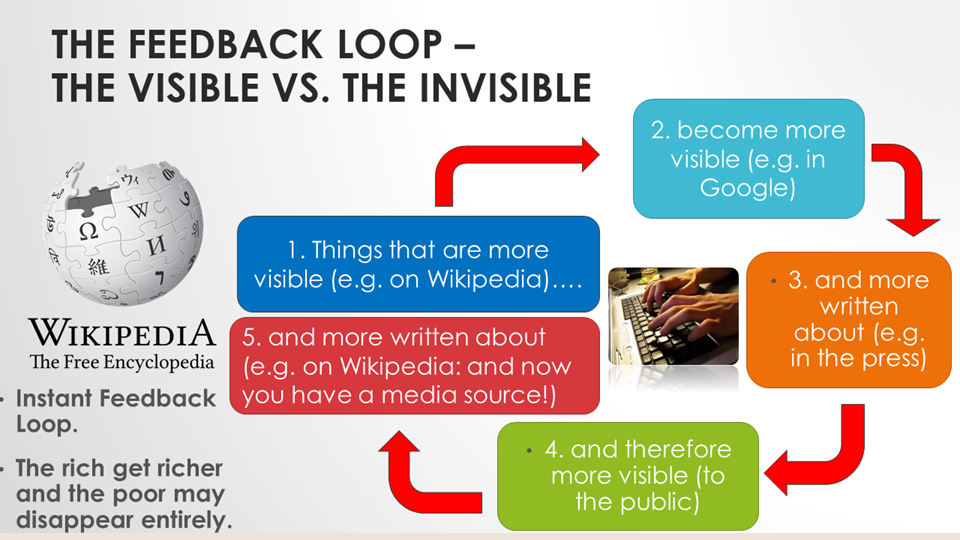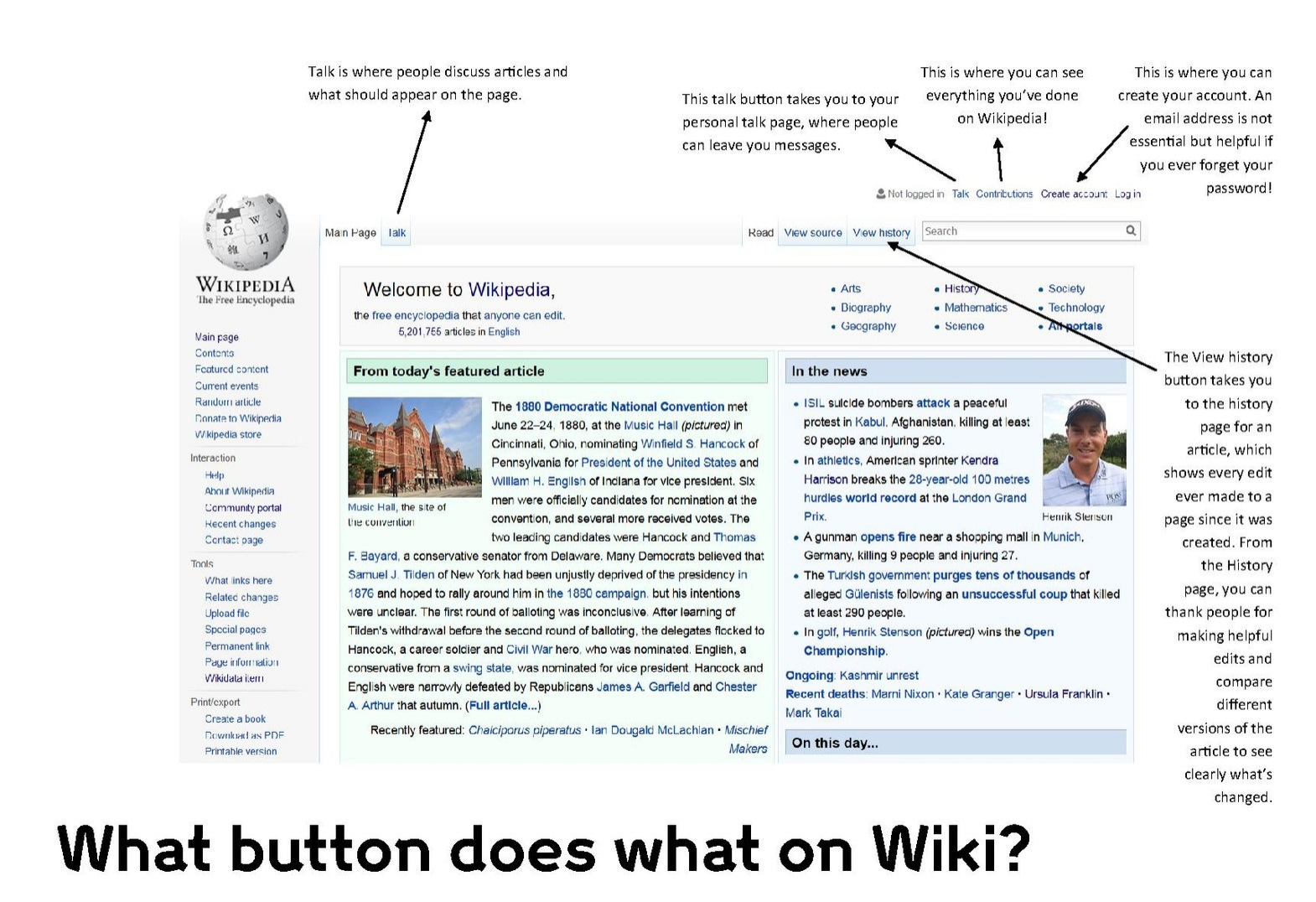Wikipedia has a problem with systemic bias.
A 2011 survey suggests that on English Wikipedia around 90% of editors are male, and are typically formally educated, in white-collar jobs (or students) and living in the Global North.
if there is a typical Wikipedia editor, he has a college degree, is 30- years-old, is computer savvy but not necessarily a programmer, doesn’t actually spend much time playing games, and lives in US or Europe.
This means that the articles within Wikipedia typically reflect this bias. For example only 17% of biographies in English Wikipedia are of women. Many articles reflect the perspective of English speakers in the northern hemisphere, and many of the topics covered reflect the interests of this relatively small group of editors. Wikipedia needs a diverse community of editors to bring diverse perspectives and interests.
Wikipedia is also a community that operates with certain expectations and social norms in mind. Sometimes new editors can have a less than positive experience when they aren’t fully aware of this.

There are only 80,000 regular contributors to Wikipedia. Of these, only 3,000 are considered ‘very active‘. That’s the population of a small village like Pitlochry trying to curate the world’s knowledge.
We need to increase the diversity and number of Wikipedia editors. One way to do that is to run edit-a-thons and other facilitated activities that introduce some of these norms and expectations at the same time learning how to technically edit Wikipedia.
“Search is the way we live now” – Google and Wikipedia
- Google depends on Wikipedia. Click through rate decreases by 80% if Wikipedia links are removed.
- Wikipedia depends on Google. 84.5% of visits to Wikipedia attributable to Google.
- According to 2011 figures in Hillis, Petit & Jarrett (2013), Google processed 91% of searches internationally and 97.4% of the searches made using mobile devices.
- Google’s ranking algorithm also has a ‘funnelling effect’ according to Beel & Gipp (2009); narrowing the sources clicked upon 90% of the time to just the first page of results with a 42% click through on the first choice alone.
- This means that addressing knowledge gaps on Wikipedia will surface the knowledge to Google’s top ten results and increase click-through and knowledge-sharing. Wikipedia editing can be seen as a form of activism in the democratisation of access to information.

Isn’t editing Wikipedia hard?
Maybe it was a little hard once but not now. It’s all dropdown menus now with the Visual Editor interface.
Do you need a quick overview of what all the buttons and menu options on Wikimedia do? Luckily we have just the very thing for you.

More Reading
- Where are all the women Wikipedia (Guardian, 2016)
- Editors are trying to fix Wikipedia’s gender and racial bias problem (Huffington Post, 2015)
- Beel, J.; Gipp, B. (2009). “Google Scholar’s ranking algorithm: The impact of citation counts (An empirical study)”. 2009 Third International Conference on Research Challenges in Information Science: 439–446. doi:1109/RCIS.2009.5089308.
- Hillis, Ken; Petit, Michael; Jarrett, Kylie (2012). Google and the Culture of Search. Routledge. ISBN9781136933066.
(By Centre for Research Collections University of Edinburgh [CC BY 2.0 (http://creativecommons.org/licenses/by/2.0)], via Wikimedia Commons)